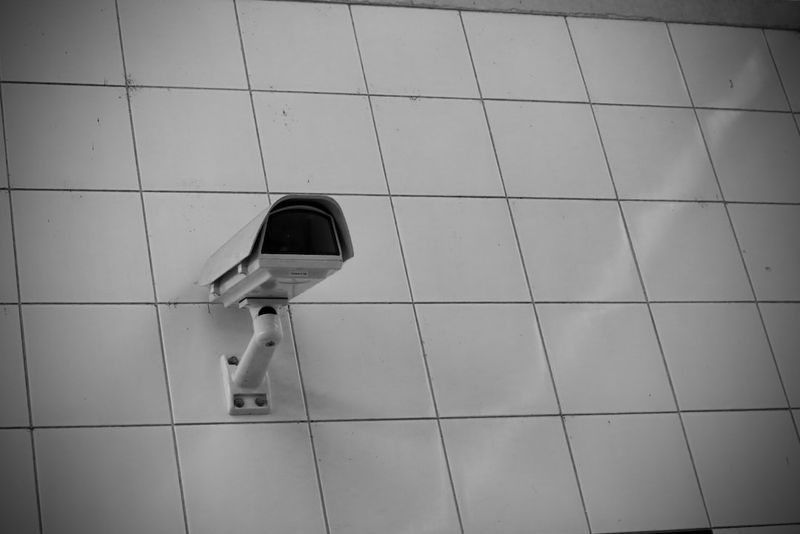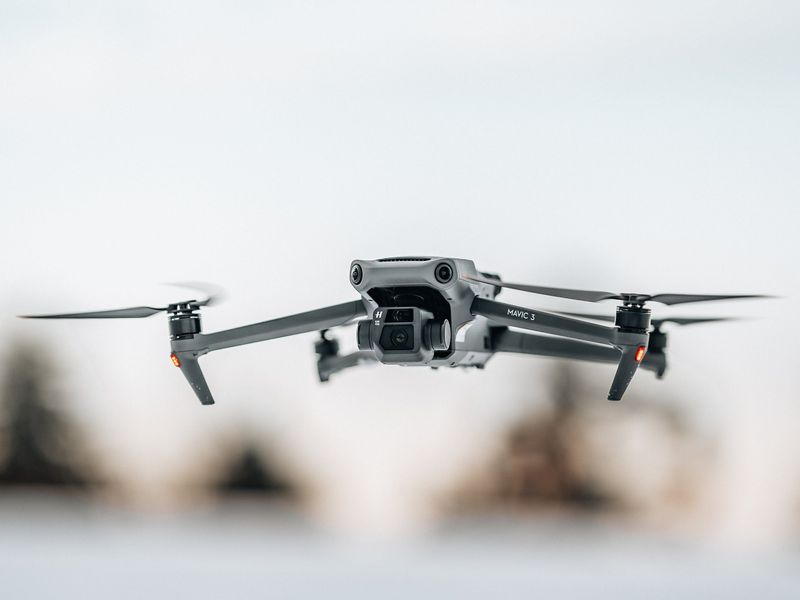Critical Infrastructure Services Firm, Ventia, Takes Systems Offline Due to Cyberattack
Overview
Ventia, a critical infrastructure services provider, announced over the weekend that it has taken some of its systems offline in response to a cyberattack. The company is responsible for managing and maintaining critical infrastructure for various industries, including defense, electricity and gas, environmental services, and water. Ventia operates over 400 sites in Australia and New Zealand and has a large employee base of over 35,000.
Details of the Incident
Ventia did not provide specific details about the cyberattack but mentioned that it had engaged with external experts and law enforcement to investigate the incident. The company made the decision to take key systems offline as a precautionary measure to prevent the spread of any potential malware. While the impact of the attack has not been disclosed, Ventia stated that its operations are continuing, and it expects all systems to return to normal within the next few days. The company also emphasized its commitment to prioritizing the security and safety of its employees, customers, and stakeholders.
Potential Involvement of Ransomware
Although Ventia did not confirm the involvement of ransomware, it is possible that file-encrypting ransomware was used in the attack. Taking systems offline is a common incident response measure to prevent the further spread of ransomware and protect critical data. It remains uncertain whether any information was stolen during the attack, as Ventia has not provided details regarding data breaches.
Importance of Cybersecurity for Critical Infrastructure
This cyberattack on Ventia highlights the vulnerability of critical infrastructure services to cyber threats. The disruption caused by attacks on these services can have severe consequences, including the potential for public safety risks and economic damage. Governments and organizations must prioritize cybersecurity investments and implement robust measures to protect critical infrastructure.
Editorial: Strengthening Cybersecurity for Critical Infrastructure
The recent cyberattack on Ventia serves as a reminder of the urgent need for strengthening cybersecurity measures in critical infrastructure services. Governments and organizations must adopt a proactive approach to protect essential services and ensure public safety.
Investing in Cybersecurity
Governments should allocate sufficient funding and resources to enhance cybersecurity capabilities. This includes investing in advanced threat detection and prevention systems, conducting regular security audits, and providing training and education to employees to increase their awareness of cyber risks. The private sector must also collaborate with governments to develop and implement cybersecurity standards and guidelines for critical infrastructure industries.
International Cooperation
Cyber threats transcend national borders, making international collaboration essential in combating these threats. Governments and organizations should share intelligence, best practices, and lessons learned in cybersecurity to strengthen defenses against attacks on critical infrastructure. Establishing international frameworks for information sharing and response coordination will help facilitate effective cybersecurity measures.
The Role of Law Enforcement
Law enforcement agencies play a crucial role in investigating and prosecuting cybercriminals. Governments should provide sufficient funding and resources to law enforcement agencies specializing in cybercrime to enhance their capabilities. Close collaboration between law enforcement, cybersecurity professionals, and critical infrastructure providers is essential to effectively detect, respond to, and prevent cyberattacks.
Importance of Incident Response and Recovery
The incident response and recovery process following a cyberattack are critical to minimize the impact and restore operations quickly. Companies must have robust incident response plans in place, including backup and recovery strategies, to ensure business continuity. Regular testing and updating of these plans are necessary to account for evolving cyber threats.
Conclusion
The cyberattack on Ventia highlights the ongoing threat to critical infrastructure systems and the need for organizations and governments to take comprehensive measures to address these risks. By investing in cybersecurity, fostering international cooperation, and strengthening incident response capabilities, we can better safeguard our critical infrastructure and mitigate the potentially devastating consequences of cyberattacks.

<< photo by Matthis Volquardsen >>
The image is for illustrative purposes only and does not depict the actual situation.
You might want to read !
- Exploring TPG’s Acquisition of Forcepoint’s Government Cybersecurity Business Unit: Safeguarding the Digital Frontlines
- EU-US Data Privacy Agreement Strengthened to Safeguard Digital Exchange
- Sophisticated ‘Toitoin’ Campaign Targets Banking Firms: Exploring the Cybersecurity Threat to the Financial Industry
- Unleashing the Power of Zero Trust: Securing Real-World Defense Against Digital Attacks
- The Urgent Need for Action: Addressing the PoC Exploit for the Ubiquiti EdgeRouter Vulnerability
- The Future of Retail: Harnessing the Power of SaaS Stacks
- Honeywell Bolsters OT Cybersecurity Portfolio Through SCADAfence Acquisition




